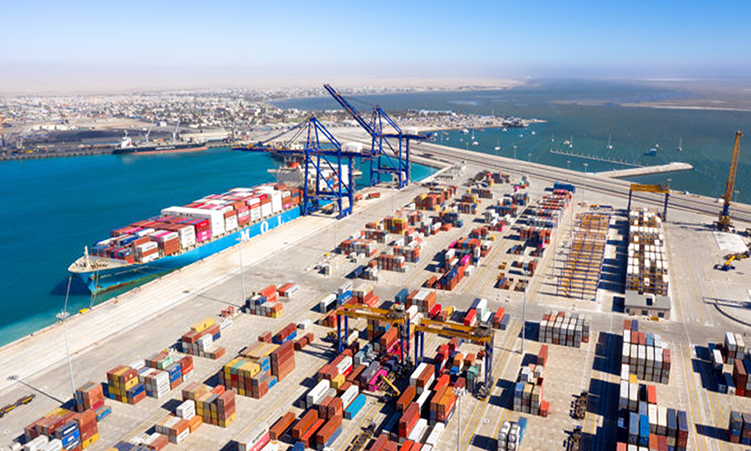Namibia has maintained its second position in overall attractiveness for trade in Africa.
This is according to Standard Bank’s fourth edition of the Africa Trade Barometer (ATB), released this week.
The ATB trade attractiveness rankings measure trade standings among 10 African nations.
“South Africa, Namibia and Angola retained their rankings, at positions one, two and 10, respectively,” according to the report.
The 10 countries covered by the ATB are African Continental Free Trade Area (AfCFTA) agreement signatory nations, representing 66% of Africa’s gross domestic product (GDP) and 45% of the continent’s population.
Tanzania was ranked fourth, an increase from its eighth position last year.
“Its [Tanzania’s] leap in the rankings was boosted by the country’s substantial investments in infrastructure and better access to finance, enabling businesses to engage more actively in cross-border trade.
According to the report, Ghana experienced a decline, moving from third to seventh position.
Ghana is one of the most stable and democratic countries in West Africa.
“Its decline in the trade rankings is mainly due to a worsening macroeconomic environment and falling trade confidence. As economic volatility intensified in Ghana, its ability to facilitate seamless trade came under strain,” notes the report.
The report further states that this made it harder for businesses to access foreign currency, especially United States dollars, which is required to pay for imports and engage in cross-border activities for small and medium-sized enterprises.
Other countries included are Mozambique (4 to 3), Nigeria (6 to 5), Zambia (9 to 8), Uganda (7 to 9) and Kenya (5 to 6).
Philip Myburgh, group head of trade at Standard Bank Business and Commercial Banking, says the report helps African nations move towards integration in light of the AfCFTA.
“As Africa moves towards greater integration under the AfCFTA, the SB ATB offers critical insights into the opportunities and challenges faced by African businesses and stakeholders in facilitating trade,” said Myburgh.
He added that the shifts detailed in the report further reflect changing macroeconomic conditions, infrastructure challenges and access to finance.
The ATB covers seven broad thematic categories of data that impact on Africa’s trade, and upon which the barometer scores each country.
These categories are: trade openness, access to finance, macroeconomic stability, infrastructure, foreign trade, governance and economy, as well as traders’ financial behaviour.
Stay informed with The Namibian – your source for credible journalism. Get in-depth reporting and opinions for
only N$85 a month. Invest in journalism, invest in democracy –
Subscribe Now!










